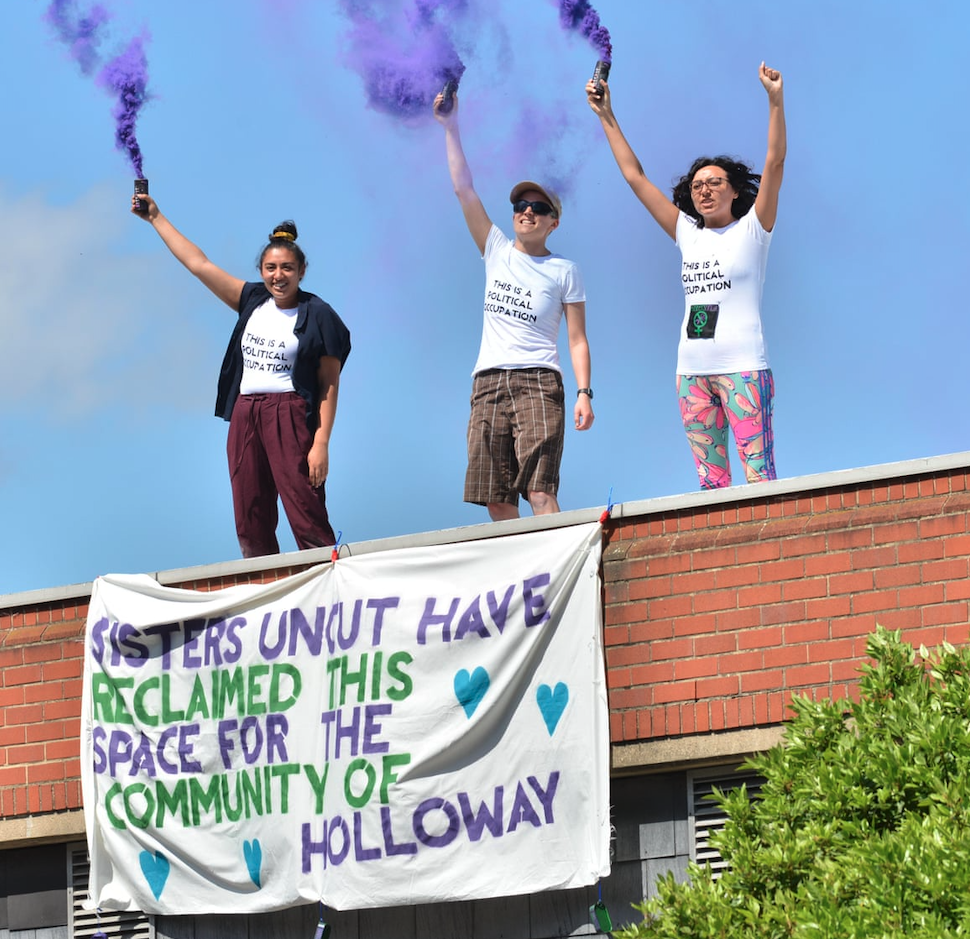
Armine Ishkanian, Anita Peña Saavedra.
First Published January 22, 2019 by The Sociological Review
Considering contemporary movements as sites of struggle between attempts at inclusiveness and enduring tendencies to exclude and reproduce power hierarchies, this article examines how movement actors confront and tackle inequalities within their organisational spaces. Drawing on an in-depth study, which relied on Participatory Action Research methods, of the intersectional feminist anti-austerity group Sisters Uncut, the article analyses how actors collectively define and translate intersectionality into practice and the challenges they face in enacting this form of politics, which the authors call intersectional prefiguration. The authors consider intersectional prefiguration as a form of radical democratic politics which acknowledges relations of domination and seeks to transform them within both movements and society. The article discusses how enacting intersectional prefiguration is predicated on actors developing a collective identity, embracing a commitment to organise intersectionally, and adopting specific methodologies through which to do so. The findings have relevance to scholars of social movements and intersectionality and can help advance our understandings of the ways in which movements, prefigurative and otherwise, drive social change and transformative politics and the challenges they face in this process.